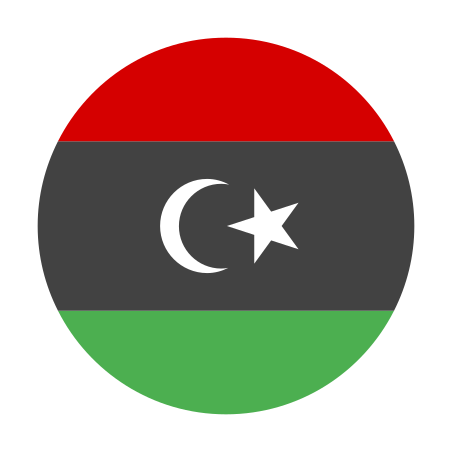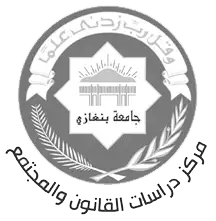Project Phase 2
In the second phase, from 1 November 2022 to 31 December 2023, researchers have carried out qualitative research in different parts of Libya. They write 12 case studies on selected justice providers (e.g., police, prosecutors, courts, wise men's councils).
| Project Manager | Suliman Ibrahim |
| Duration | 2022-2023 |
| Main project | Access to Justice in Libya (A2JiL) |
In the second research phase, our focus has been on the 'justice providing institutions' (JUPIs). Our case selection included a District Court in Sabha, a Primary Court in Zliten and Ajdabia, the Court of Appeal in Benghazi, and the Supreme Court in Tripoli. We also included the Public Prosecution in Benghazi and Sabha and Public Lawyers in Benghazi and Tripoli. Given the vast proportion of Libyans in public employment, we also included the Administrative Monitoring Authority. And as we learned in Phase 1 that many justice seekers also turn to non-state authorities like tribal leaders and notables, we also included a case study on the Council of Elders of Shahat.
Whereas the first phase mostly focused on individual justice seekers, this second phase focuses on institutions. Each researcher has studied what kinds of people and problems appear before a particular institution, and subsequently how the institution responds to those people and problems. Each case study contains both an institutional analysis (of the setting, jurisdiction, caseload, case-handling processes, outcomes, resources, structure, leadership, and relevant contextual factors) and an analysis of three individual cases and how the institution responded to them. In doing so, this phase focuses especially on our project's research questions 2 ("To what extent and how do justice providers in Libya, both state and non-state, respond to the approaches and requests of the abovementioned justice seekers, and why so?") and 3 ("To what extent are justice providers’ remedies adequate, both from the perspective of justice seekers and from the perspective of Libya’s legal framework, and why so?").










